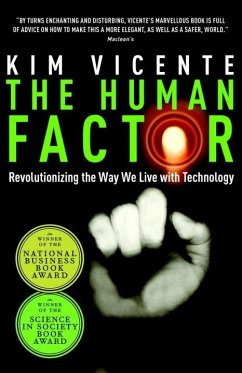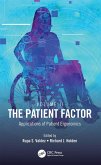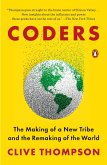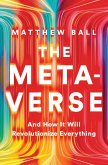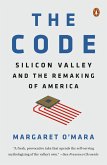What links the frustrations of daily life, like VCR clocks and voicemail systems, to airplane crashes and a staggering "hidden epidemic" of medical error? Kim Vicente is a professor of human factors engineering at the University of Toronto and a consultant to NASA, Microsoft, Nortel Networks and many other organizations; he might also be described as a "technological anthropologist." He spends his time in emergency rooms, airplane cockpits and nuclear power station control rooms--as well as in kitchens, garages and bathrooms--observing how people interact with technology. Kim Vicente sets out the disturbing pattern he's observed: from daily life to life-or-death situations, people are using technology that doesn' t take the human factor into account. Technologies as diverse as stove tops, hospital work schedules and airline cockpit controls lead to 'human error' because they neglect what people are like physically, psychologically, and in more complex ways. The results range from inconvenience to tragic loss of life. Our civilization is at a crossroads: we have to change our relationship with technology to bring an end to technology-induced death and destruction, and start to improve the lives of everyone on the planet. The Human Factor sets out the ways we can regain control of our lives.
Dieser Download kann aus rechtlichen Gründen nur mit Rechnungsadresse in A, B, BG, CY, CZ, D, DK, EW, E, FIN, F, GR, HR, H, IRL, I, LT, L, LR, M, NL, PL, P, R, S, SLO, SK ausgeliefert werden.

